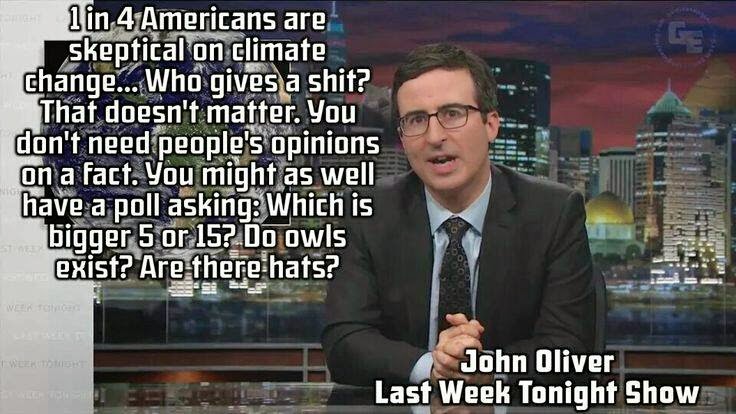SCENE: mid-January, a meeting at the office of Prime Minister Tony Abbott to discuss who shall be appointed to a knighthood under the revised Australian honours system. Present are the Prime Minister himself; his Chief of Staff Peta Credlin; secretary of the department of Prime Minister and Cabinet Michael Thawley; Abbott's Chief of Communications Mark Simkin; Deputy Secretary Dr Heather Smith; adviser on Honours, Symbols and Territories, Peter Rush; and numerous administrative and advisory staff.
The decision to award a knighthood to retired airforce chief Angus Houston was met with general acclaim, but the issue of who else is to be honoured has stalled after several hours of at times heated discussion. Everyone is looking forward to getting out of there when Credlin says "I don't know, why don't we just give it to Prince Philip or something?"
There is general mirth in the room. Abbott sits quietly for some long seconds, a half smile on his face, his eyes slightly glazed and his head bobbing in that way he does, before joining in with a chuckle. "Look, I think that's a really wonderful way to honour his service to the country".
The room explodes with laughter. Sweet baby Jebus, Abbott thought they were being serious. Finally, Thawley manages to splutter out between gasps of laughter, "mate, it was a joke!"
Again, Abbott is silent for some moments until he realises the mickey has been taken out of him. A dark thought comes to mind. I'll show them, he vows to himself.
The decision to award a knighthood to retired airforce chief Angus Houston was met with general acclaim, but the issue of who else is to be honoured has stalled after several hours of at times heated discussion. Everyone is looking forward to getting out of there when Credlin says "I don't know, why don't we just give it to Prince Philip or something?"
There is general mirth in the room. Abbott sits quietly for some long seconds, a half smile on his face, his eyes slightly glazed and his head bobbing in that way he does, before joining in with a chuckle. "Look, I think that's a really wonderful way to honour his service to the country".
The room explodes with laughter. Sweet baby Jebus, Abbott thought they were being serious. Finally, Thawley manages to splutter out between gasps of laughter, "mate, it was a joke!"
Again, Abbott is silent for some moments until he realises the mickey has been taken out of him. A dark thought comes to mind. I'll show them, he vows to himself.






